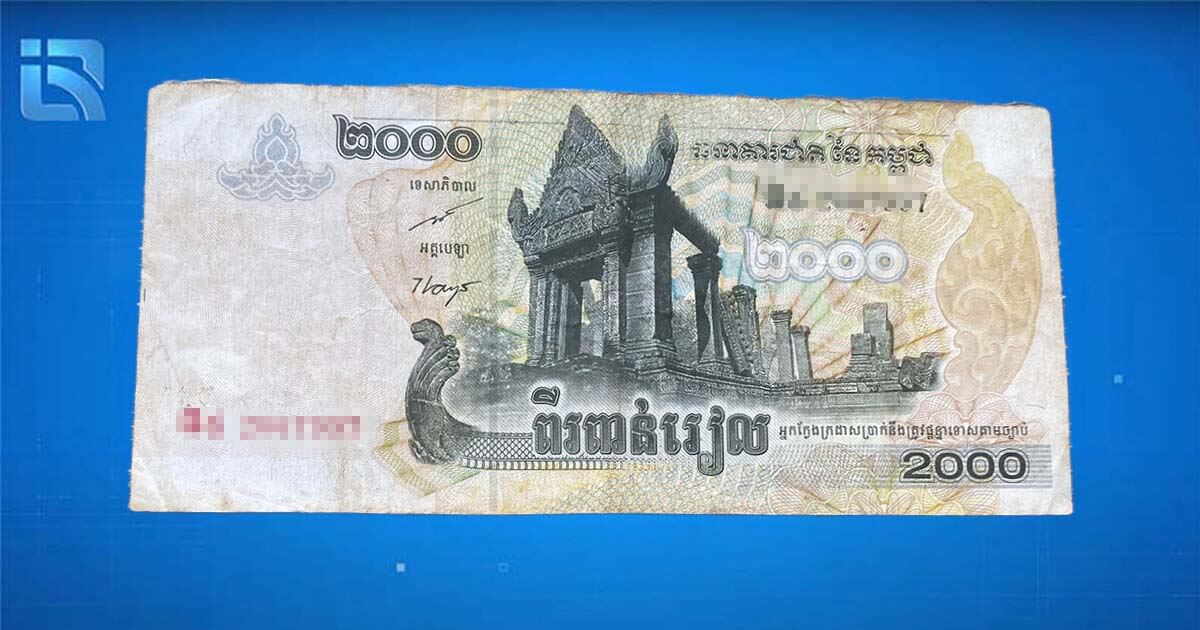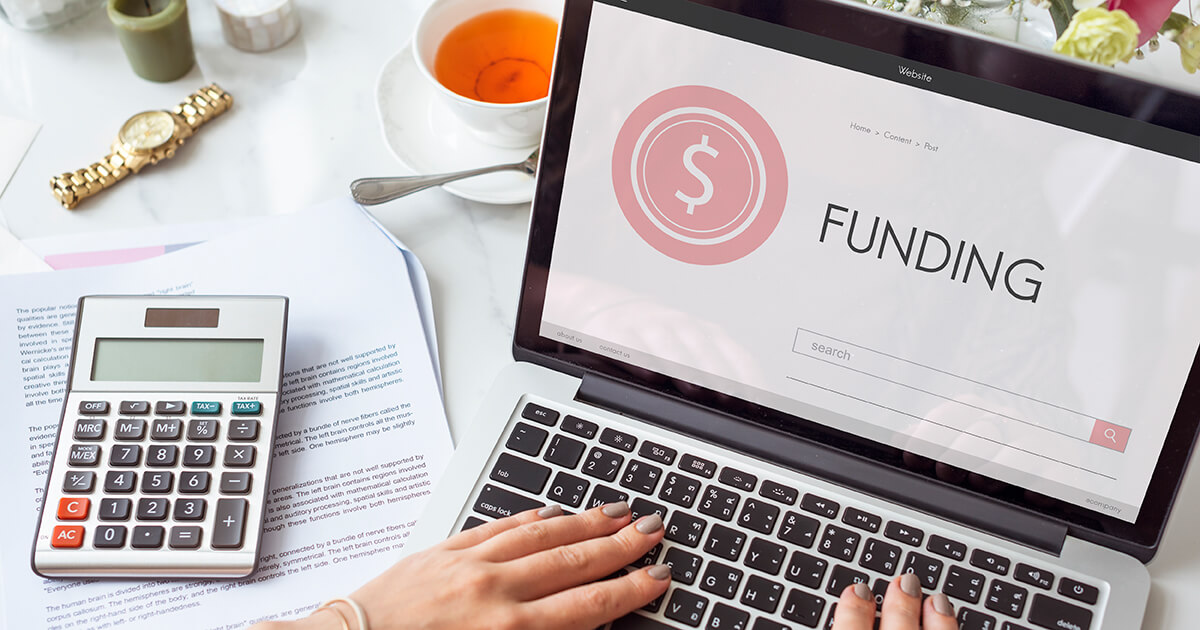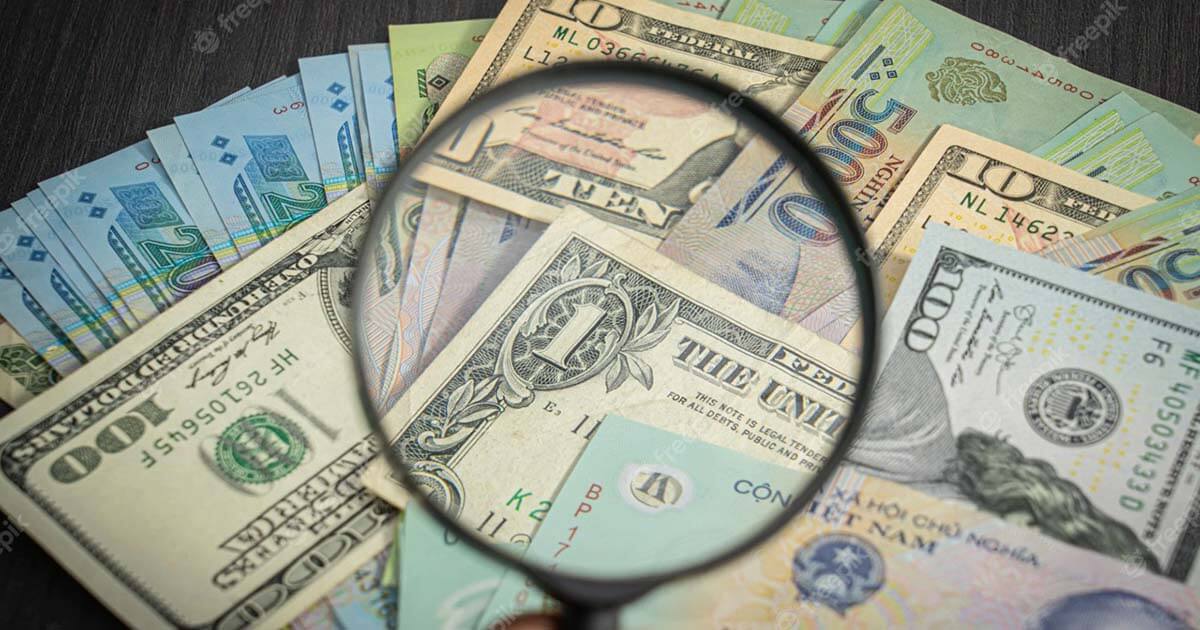Before trading for another currency, having old cash may leave you perplexed as to how to swap it or whether it will be accepted. Read this post to learn more about old money exchange, including which cases are accepted and which are not, before you take the time to visit the exchange provider and complete the transaction.
Exchanging old cash for new currency may be a difficult procedure, whether you have some laying around your home or have found some while traveling. It’s crucial to comprehend the various forms of cash and the exchange procedure before you begin converting your old money. What you need to know is as follows:
Find out if your old money is still valid
Verify that the old money is still in circulation before exchanging it. The term “demonetized” or “obsolete currency” refers to money that is no longer acknowledged by banks or the government. Checking the status of the old money is crucial since some of it could have been recalled or changed for newer ones. You may accomplish this by conducting an online search or calling a source of local currency exchange.
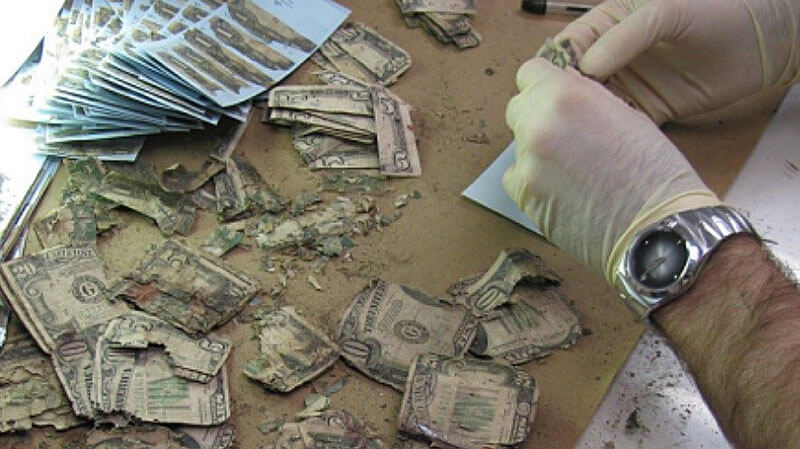
Determine the currency type
The currencies of various nations may each have particular qualities that affect their value. Research the worth and exchange rate of the currency you have after determining its type. You may accomplish this by conducting an online search or calling a local money exchange.
For instance, in Cambodia there are two types of Riels: The Riel is the official currency of Cambodia and it was introduced in 1955 to replace the Indochinese piastres that were previously used. In the years between 1975-1979, during the reign, the banking system and currency circulation were eliminated, but they were restored by 1979. It’s worth noting that 1 riel is equivalent to 100 cents. Which means there is a type of Riel during 1975 – 1979 is dismissed.
Damaged vs. Mutilated currency: Which type is available to exchange?
Most banks and currency exchange companies will exchange cash that has been damaged but is still clearly identifiable as legal tender. Torn, water-damaged, or notes with writing or ink defiled notes are examples of damaged money. Currency that has been tampered with to the extent that it cannot be recognized or used as lawful money is said to be mutilated. Currency that has been burnt, chewed by animals, or harmed by chemicals is an example of currency that has been mutilated, which is not accepted by the banks. Therefore, these currencies cannot be accepted for exchange.
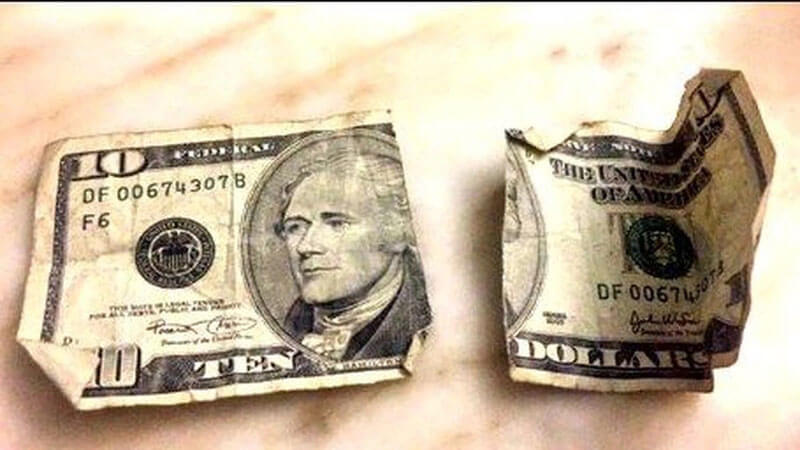
Find a local provider that can exchange old currency
Once you’ve determined the validity and type of currency, the next step is to find a currency exchange provider. Here are some options:
Check with your bank
Your local bank may be able to exchange old currency for you, especially if you have an account with them. Call or visit the bank to ask if they can provide this service.
Search online for local currency exchange providers
There are many online providers that can exchange old currency for you. Search for local providers and check their reviews and ratings before choosing one. You can try typing: “money exchange + country name”, the country name will be your visiting country that you want to exchange your old money. The online money providers can be a website, for an app such as Liberty App.
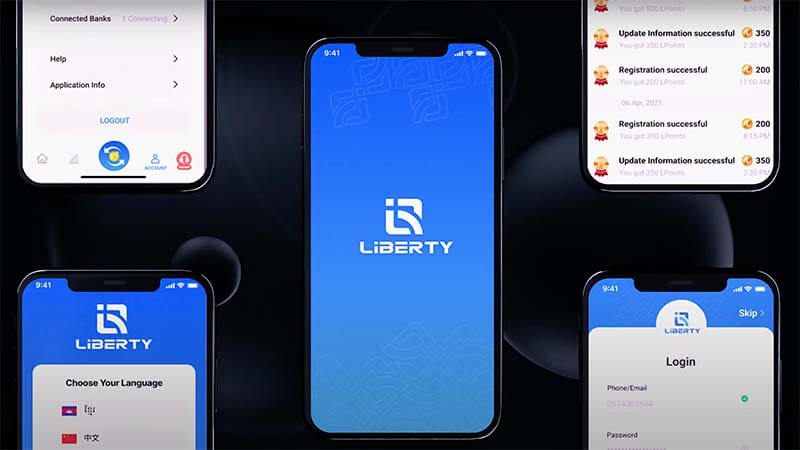
Visit a currency exchange booth
Currency exchange booths can be found at airports, train stations, and other popular tourist destinations. They may also have locations in shopping centers or malls. For example, exchange booths or exchange agents of Liberty Currency Exchange in Cambodia accept up to 15 currencies for you to exchange; of course this place accept old money that recognize by banks. You should notice that different brand of money exchange provide different rates, and exchanging at the airport may cost more than other places.
Note: Research the fees and rates before exchange
Different currency exchange providers may offer different rates and fees for exchanging old currency. Research the fees and rates before choosing a provider to ensure that you get the best value for your money. Please note that the exchange rate you research may slightly different from exchange rates from the providers due to their policies and competitive value, it is the best to contact the exchange agents and ask carefully about the rates and related fees to save your received cash.
- Learn more about money exchange rates: How To Convert Currency – Understand Exchange Rates
To sum up
Overall, to exchange old money, finding a local currency exchange provider can be easy if you know where to look and do your research. Whether you choose to go to a bank, search online, visit a currency exchange booth, or contact a foreign exchange provider, be sure to compare fees and rates to make the best decision. Hope this post will help you know how to exchange old money, thanks for reading!

